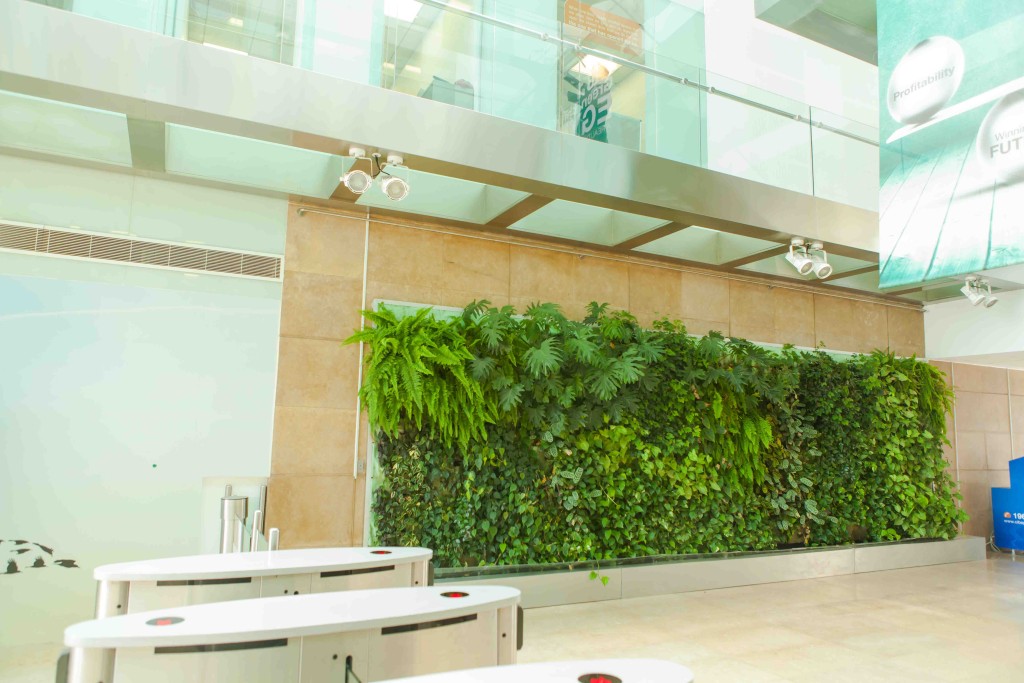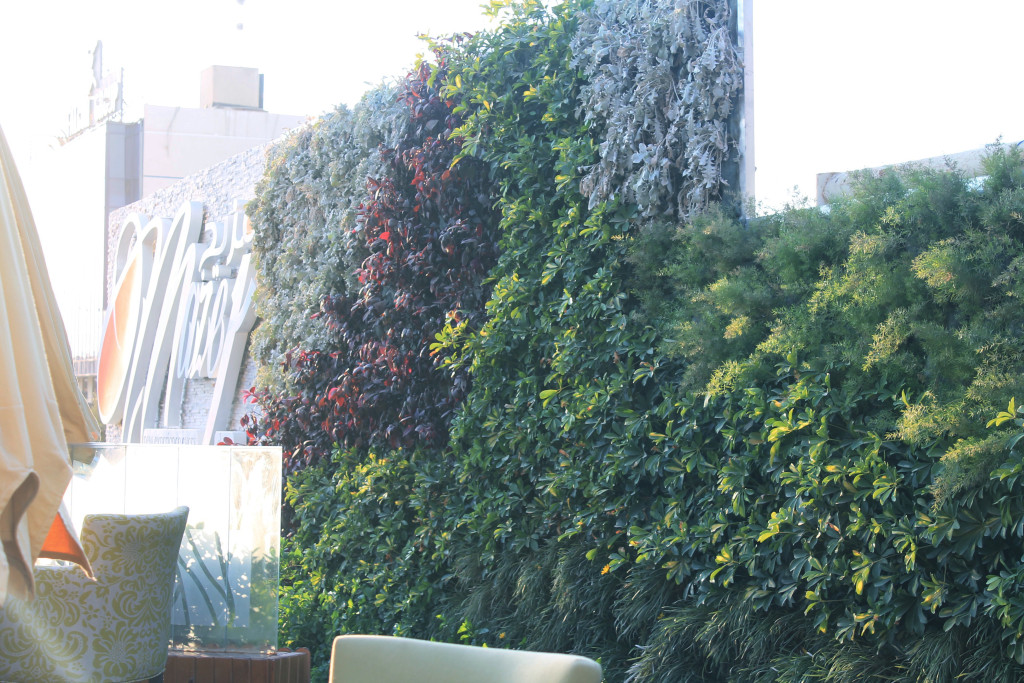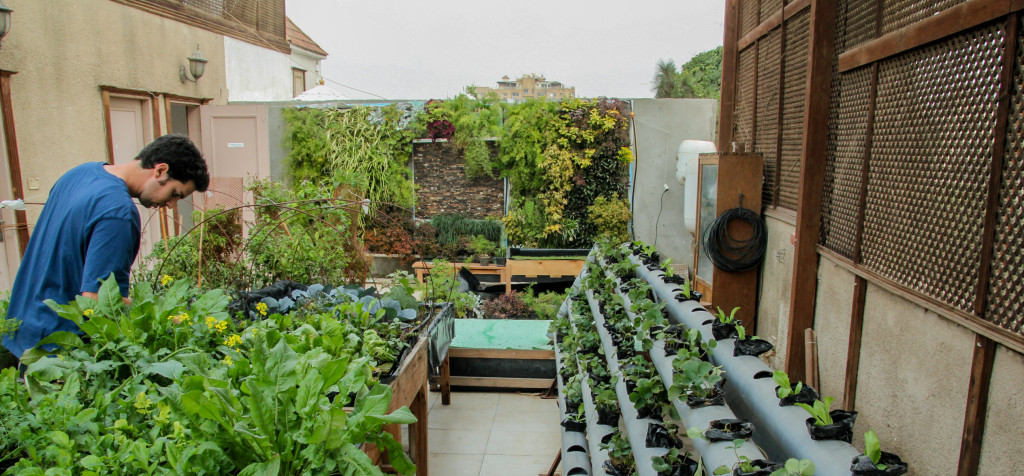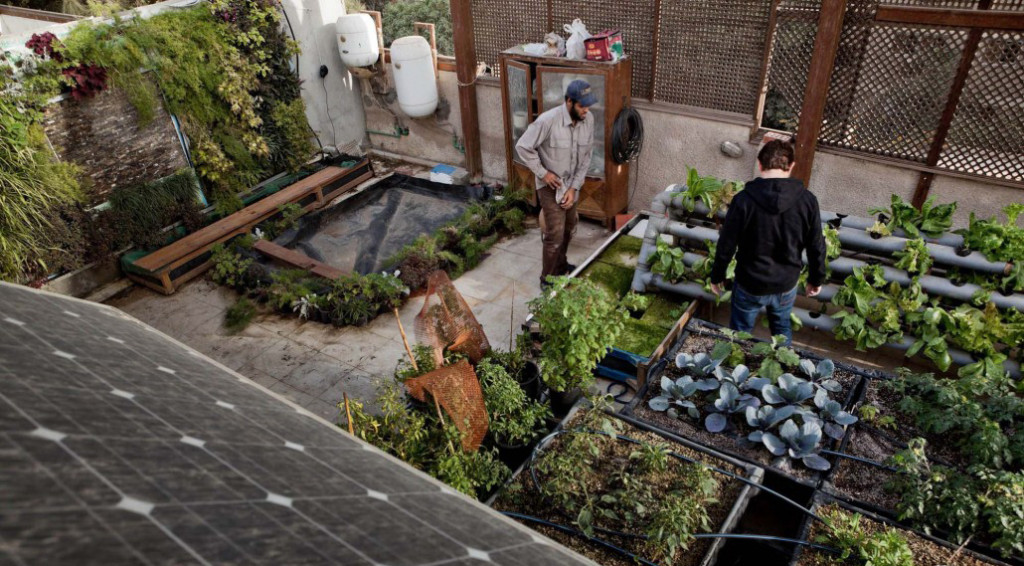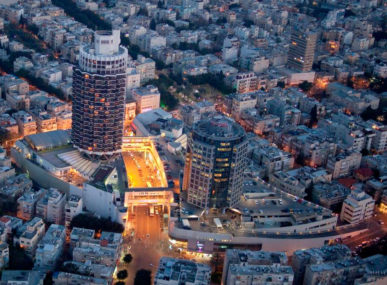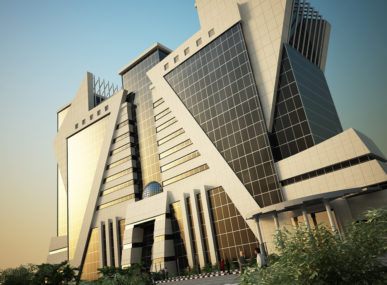Brothers Sherif and Tarek Hosny founded the company in 2011 after volunteering on a farm in Louisiana in the United States. Inspired by the ability to grow vegetables in dry climates using the practice of hydroponics, the brothers initially desired to drive social and environmental change in Cairo. Their goal was to help poor families generate income by growing vegetables, teaching them soilless farming techniques and the skills they needed to resell crops at market.
“I have always been very interested in plants and nature in general, then I discovered the microcredit system, which allows people to fund their own projects,” says Tarek. “This is when we had the idea to associate these concepts with the practice of hydroponics, which we had seen in the U.S. and Europe.”
